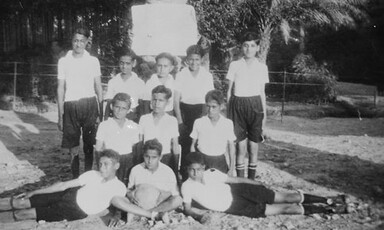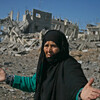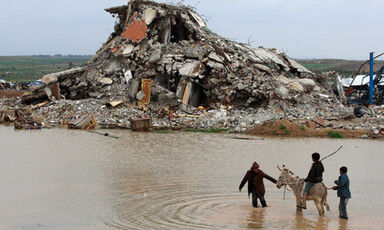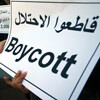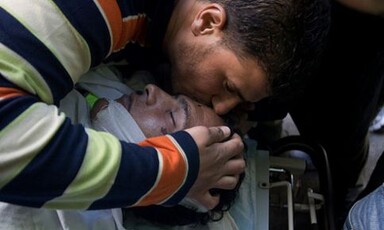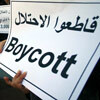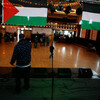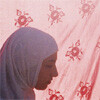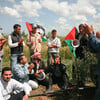
Tunnels become a lifeline
30 April 2009
RAFAH, occupied Gaza Strip (IPS) - Pickup trucks speed westward on the Barth highway that flanks the Israeli border in Egypt’s North Sinai region, stacked high with cartons of petrol. They are headed “for Gaza,” the Bedouin residents of Barth village say — through the tunnels that burrow under the Egypt-Gaza border and are filling Gaza’s aid gap in the aftermath of Israel’s deadly assault on the territory. Read more about Tunnels become a lifeline











